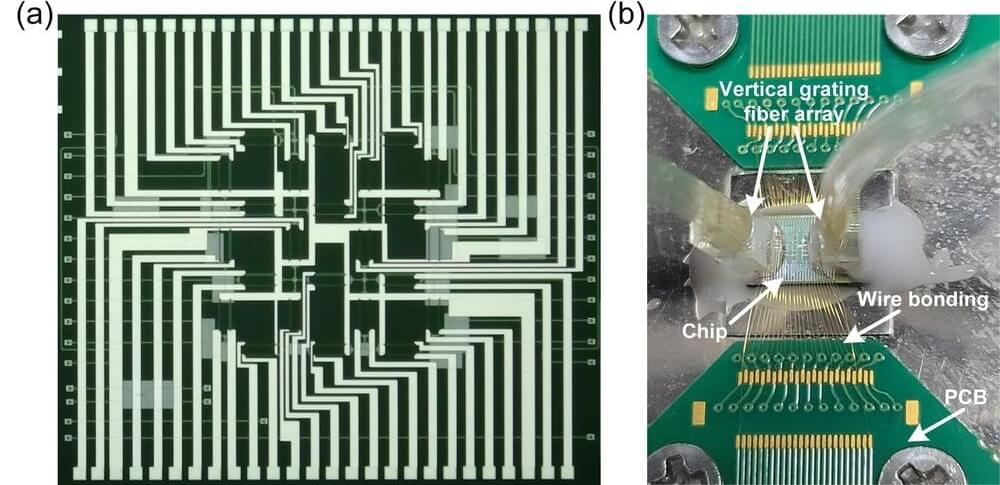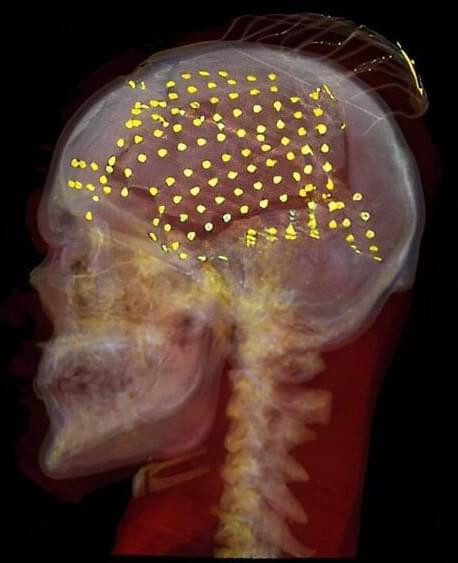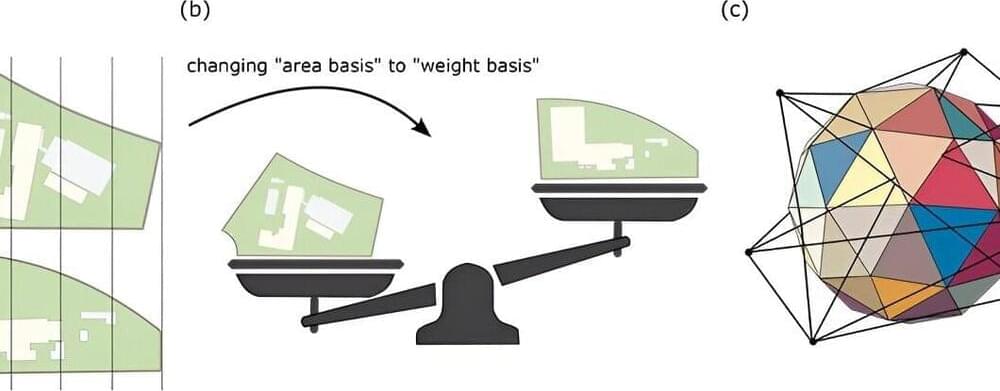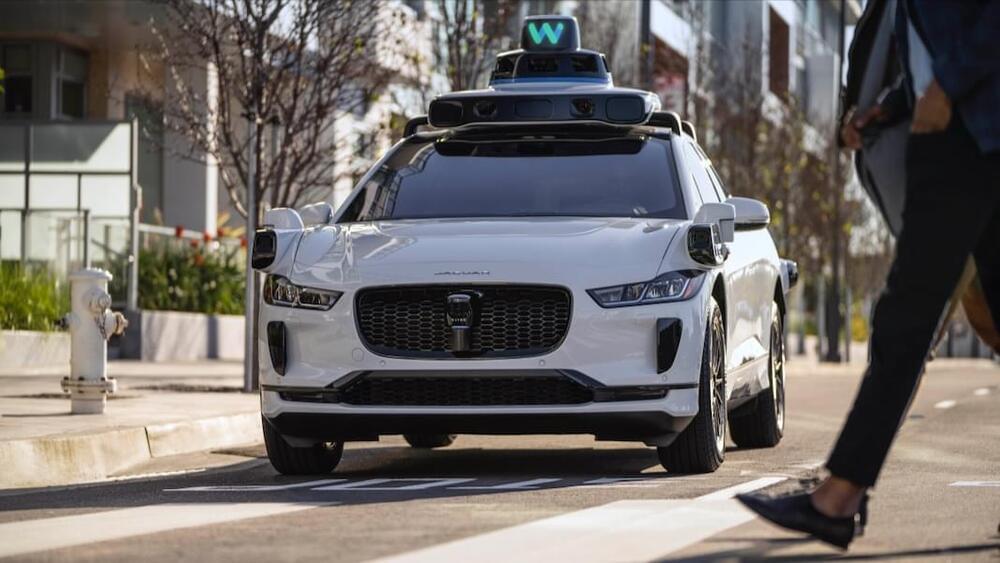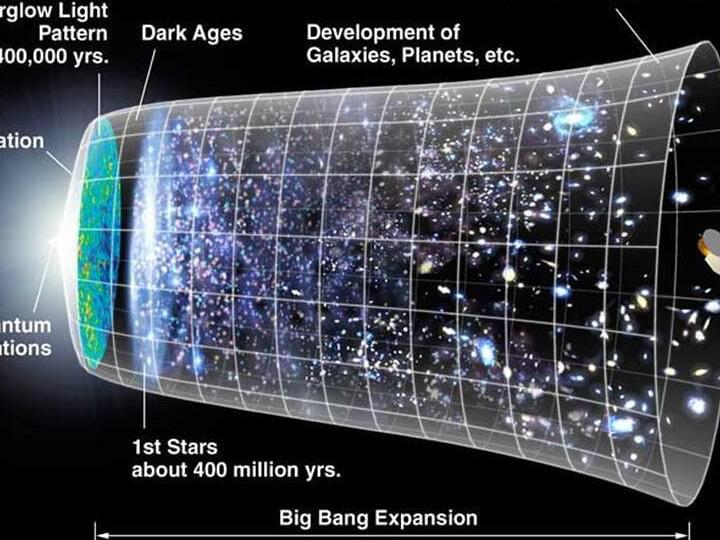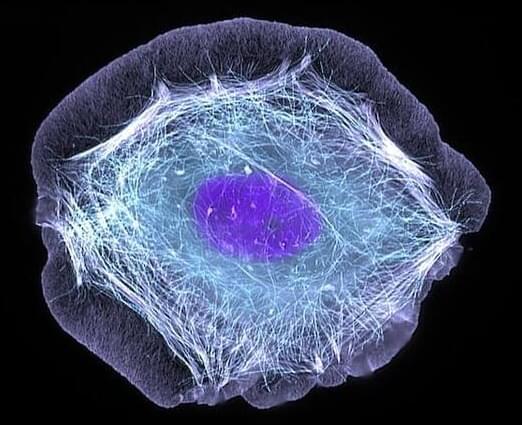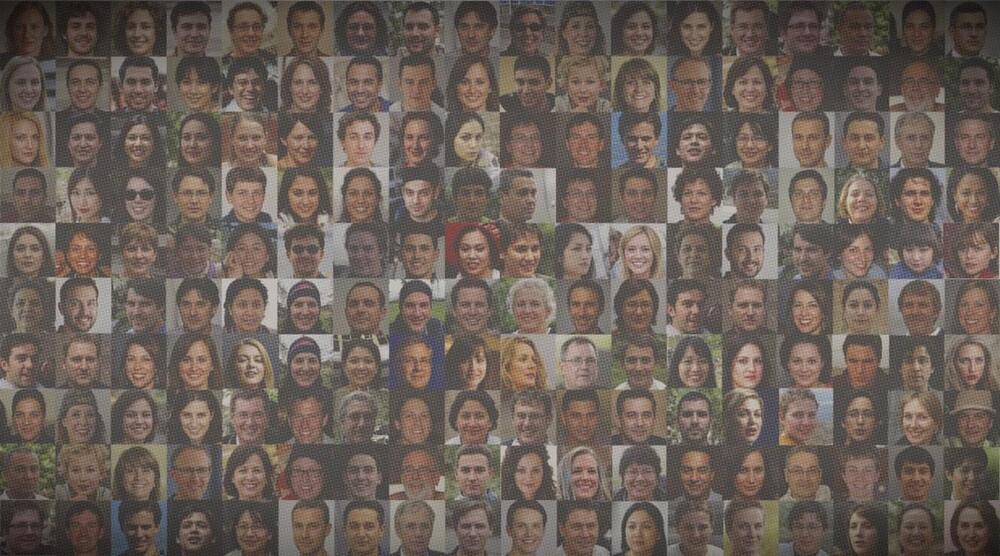Researchers have developed an easy-to-use optical chip that can configure itself to achieve various functions. The positive real-valued matrix computation they have achieved gives the chip the potential to be used in applications requiring optical neural networks. Optical neural networks can be used for a variety of data-heavy tasks such as image classification, gesture interpretation and speech recognition.
Photonic integrated circuits that can be reconfigured after manufacturing to perform different functions have been developed previously. However, they tend to be difficult to configure because the user needs to understand the internal structure and principles of the chip and individually adjust its basic units.
“Our new chip can be treated as a black box, meaning users don’t need to understand its internal structure to change its function,” said research team leader Jianji Dong from Huazhong University of Science and Technology in China. “They only need to set a training objective, and, with computer control, the chip will self-configure to achieve the desired functionality based on the input and output.”
